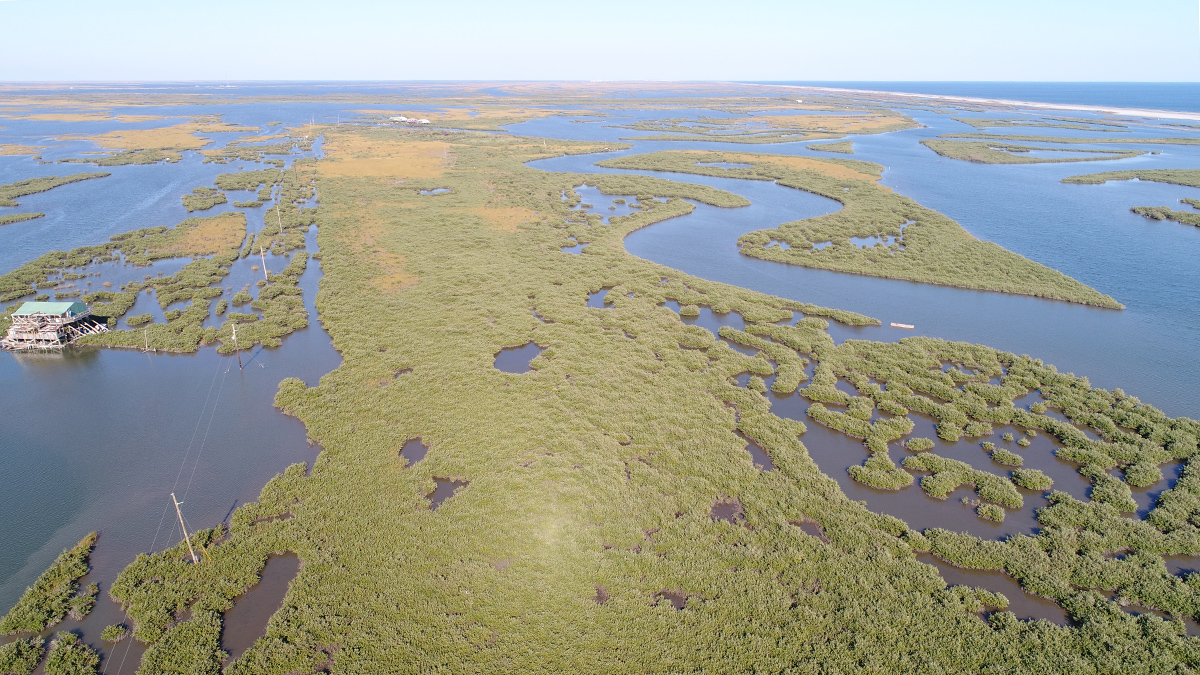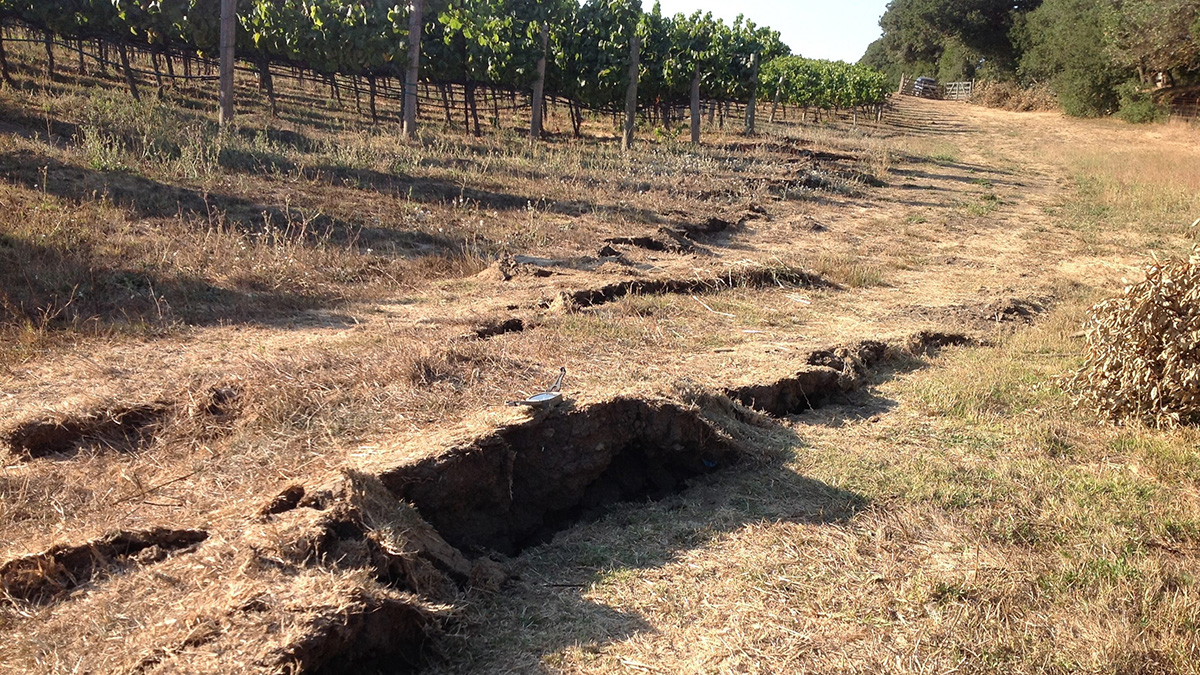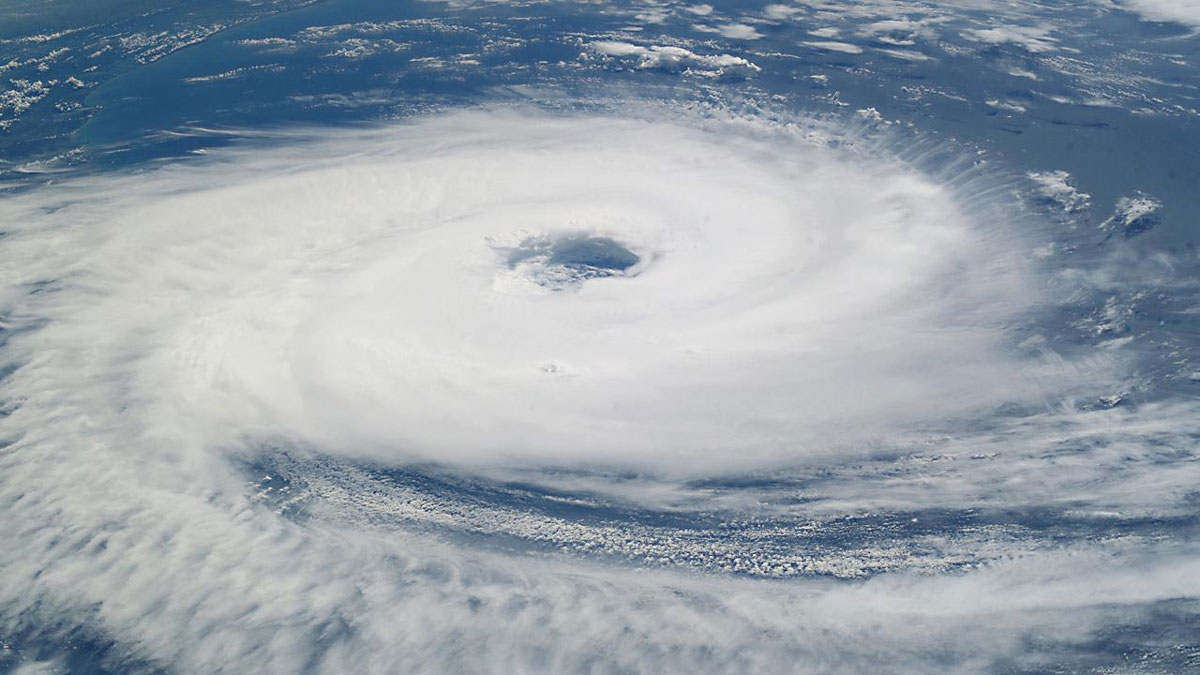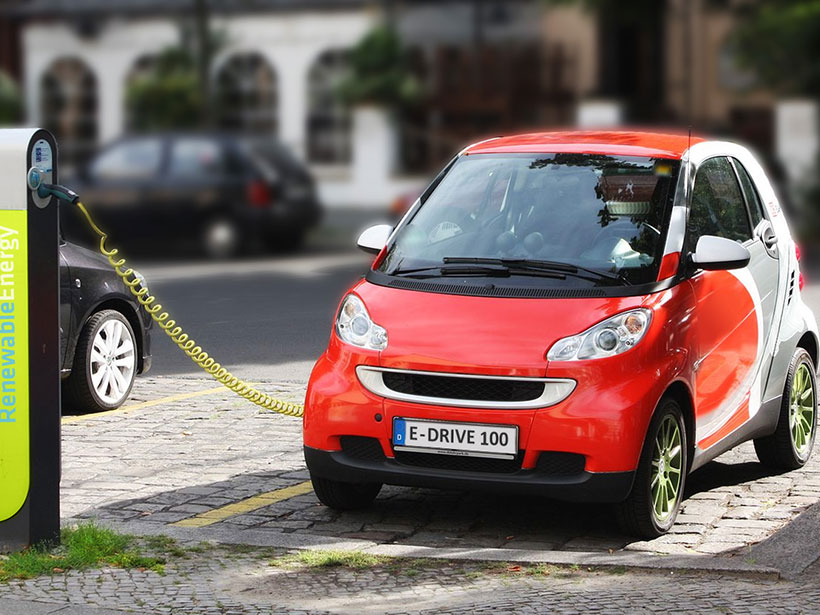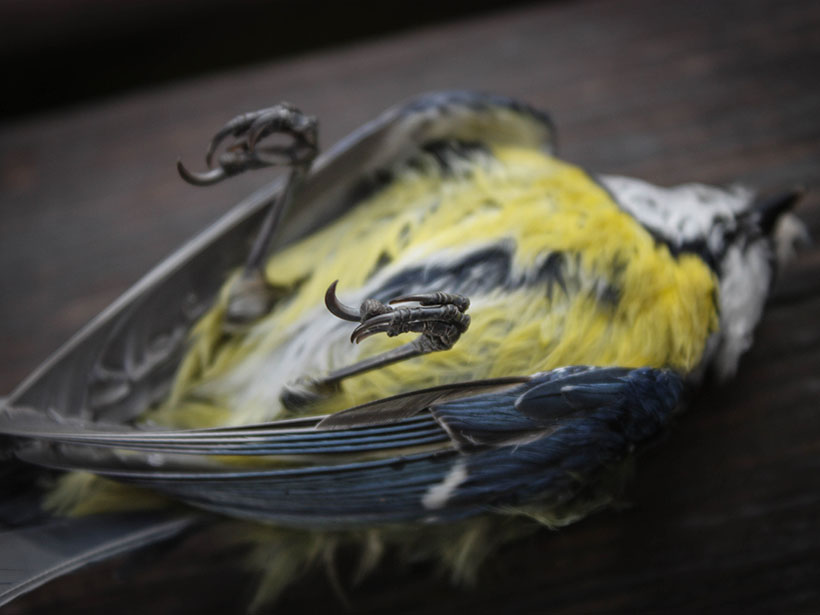Tropical storms knock down the tallest trees and stunt the growth of others.
Joshua Rapp Learn
Joshua Learn writes about the environment, archaeology, wildlife, and space. Aside from Eos, he has contributed to publications like National Geographic, Inside Science, Smithsonian Magazine, Discover, Scientific American, and others.
Slight Shifts in Magnetic Field Preceded California Earthquakes
Magnetometers detected faint signals that with further study, may improve our understanding of what happens before earthquakes and offer promise for early detection.
Cyclone “Seed” Survival Affects Hurricane Season Intensity
Understanding how seed storms grow into full-blown hurricanes and typhoons could help predict hurricane season intensity in a changing climate.
Pyrenees Glaciers Are Rapidly Disappearing
Three of the remaining glaciers in the Pyrenees mountain range stopped flowing in the past decade.
La Captura de Carbono No Puede Resolver el Problema Climático Sin Acciones Individuales
Las elecciones individuales, como la adopción de vehículos eléctricos, serán un factor importante en el cumplimiento de los objetivos climáticos del Acuerdo de París.
Ancient Maya Made Widespread Changes to Wetland Landscape
A system of canals 2 millennia old sustained a local population after the collapse of its neighbors, and it continues to affect local ecology today.
Mass Bird Die-Off Linked to Wildfires and Toxic Gases
Using observations from crowdsourced science and weather location data, researchers concluded that wildfires caused a mass die-off of birds in the western and central United States in 2020.
Researchers Home in on the Age of the Yangtze River
Findings on the river’s age also have implications for past landscape change in Asia.

